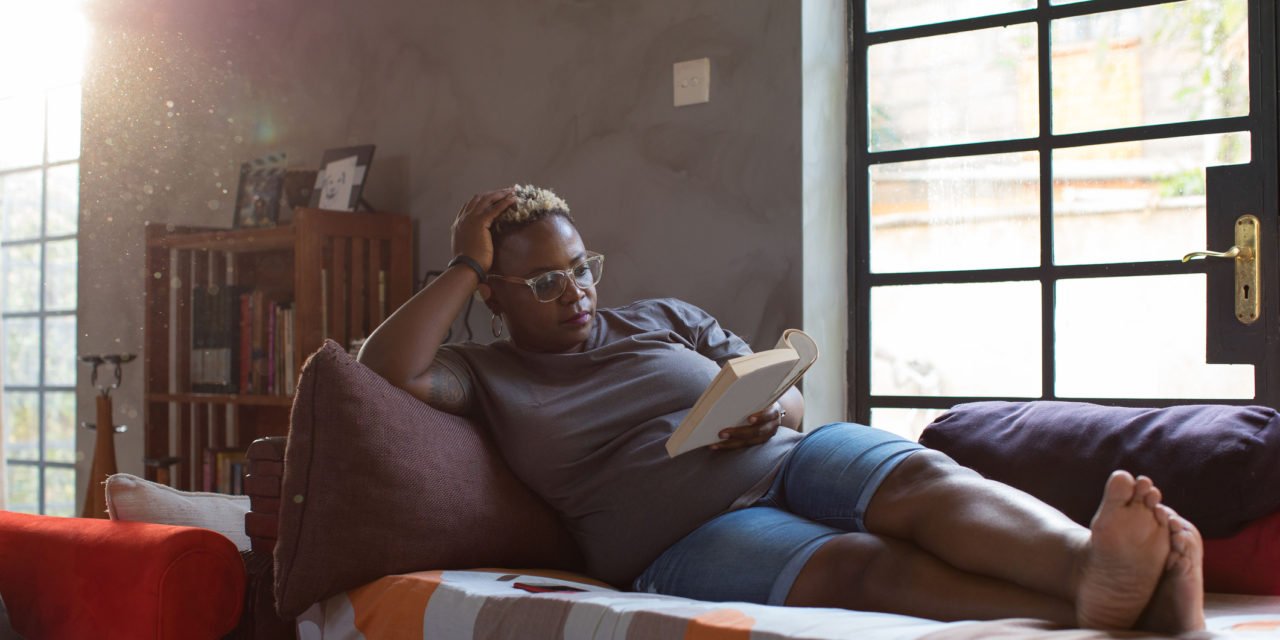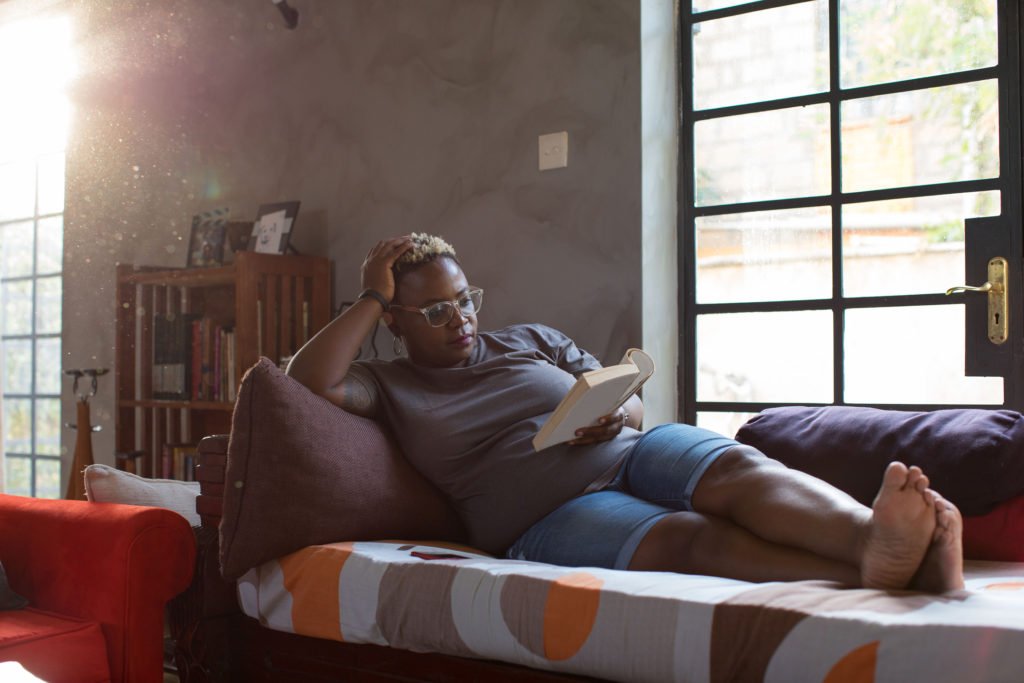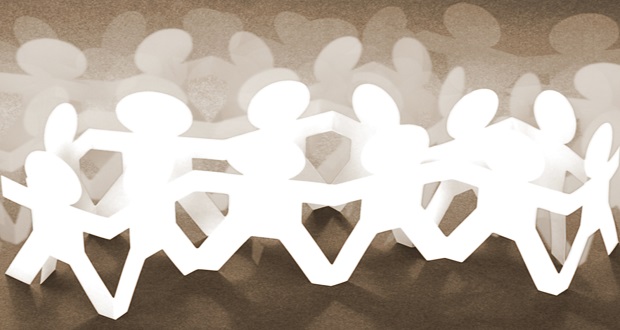The book The Other Black Girl by Zakiyah Harris has mixed reviews. In one camp, people call it a slow read, even boring, unworthy of the classification “thriller.” Many of these negative reviews I have seen from Black women. When someone says “mixed reviews,” it is usually a lot of negative outweighing the positive.
But in the other camp, people love the realistic portrayal of race relations in the workplace, especially in the publishing industry. I belong to this camp, but not for shallow reasons.
*Warning: this essay will contain spoilers to the novel.*
On the surface, The Other Black Girl is very much a slow burn. The story contains a stylistic element bordering on recalling events in a journal-like manner. You go through learning about different people who seem unimportant and unrelated. If you are Black and work in a predominately white workplace, all these instances of micro-aggressions don’t feel new to you at all.
We are immersed in Nella’s world of working with liberal white folks, yet still facing the barrage of implicit bias and subtle racism as the only Black person in the office. Then, in strolls the cool girl Hazel, and Nella is excited to have a comrade on her side.
On the exterior, Hazel looks like the epitome of pro-Black. She combats traditional respectability politics with her dreadlocks and nose ring. She runs a nonprofit that centers and uplifts young, Black poets. But Hazel proves to be more nefarious than she seems.
There is a conflict in the book where Nella discusses with Hazel her thoughts on a racist portrayal of a Black character in a story written by a white author. Hazel agrees that Nella should voice those concerns to her boss and the author. It ends very poorly, and Hazel takes it a step further by undermining Nella’s “diversity” opinion by publicly humiliating her in front of the entire staff during a meeting.
And this is only the beginning of Hazel’s agenda of delegitimizing Nella in her quest to rise to the top.
The relationship between Nella and Hazel is an interesting one. From an outsider’s view, you would think Nella would be the one to be that “complicit” Black girl. She is from Connecticut, spent most of her time around white people growing up, and has a white partner. Nella has taken a while to come to terms with her version of Blackness.
A question that rose up for me while reading The Other Black Girl: Where do you draw the line when it comes to defining who/what is good for the Black community?
A question that rose up for me while reading The Other Black Girl: Where do you draw the line when it comes to defining who/what is good for the Black community? Share on XThe major plot twist in this story is that Hazel is a part of a network of Black women known as “Other Black Girls” or OBGs, who use hair products in order to cope with the mental strain that comes from racism. The hair moisturizer chemically alters brain chemistry to disrupt feelings of racial tension in order for Black women to be productive, rise to the top, and not feel overburdened, or like they are compromising their Blackness.
But that comes at a price. A side effect of the moisturizer is being overly competitive with other Black girls and pushing them out of spaces in order to be the only Black girl. Because, you know, it makes things easier.
Would I be willing to sacrifice others in order to improve my own well-being and advance the status of my race?
I’d like to think I wouldn’t, but who am I to judge these women who wanted to find a way to ease the pain from the racism they are subjected to on a daily basis? (I wonder if the drug works for misogyny and homophobia too…)
Let’s pause for a second and talk about the powerful choice to make hair products the conduit of the formula. Black hair is politicized, especially in the workplace. It has become a political choice for Black women to wear their hair naturally. When you see a Black woman with natural hair, you see someone making a statement, rejecting white standards of beauty norms. The Black hair industry is a lucrative one because Black women find pride as well as insecurity in their natural hair. In maintaining the health and complexity of their hair, they are doing the same with their mindset with these products.
Black hair is politicized, esp in the workplace. It has become a political choice. When you see a Black woman with natural hair, you see someone making a statement, rejecting white standards of beauty norms. Share on XI’d like to think I would not sell out other Black women that easily. The end doesn’t justify the means. It is not worth playing into the crabs-in-a-bucket mentality in order to gain personal prosperity.
Competition is not new to discourse on racism or feminism. I think about both Booker T. Washington’s and W.E.B. DuBois’s ideas of hard work among Black people and the Talented Tenth being the solution to the “Negro Problem” in America. I think about this new wave of capitalist feminism that values “SHE-E-Os” and Girl Bosses, not realizing their rise to the top is on the backs of other women.
I think about this new wave of capitalist feminism that values 'SHE-E-Os' and Girl Bosses, not realizing their rise to the top is on the backs of other women. Share on XBut this notion of competition is a distraction. Hazel is clearly the antagonist outlined in this story, but we forget the real villain. It is easy to blame Hazel and the others for the choice they made to use the hair products for their own personal benefit. Personal choices are not the main contributor to oppression.
There is a reason why a white man funded this research. At the end of the day, the white people in this story prosper the most. They fill their diversity quota, have bragging rights to possessing a cool Black friend, and get to have a Black woman co-signing on all their ideas, as implicitly biased as they might be.
I personally enjoyed this story a lot because of all of these complicated feelings it stirred inside of me. The build-up for me came from waiting for Hazel to betray Nella; it pleasantly raised my blood pressure. I’m also a sucker for a good race conspiracy story.
There are so many other things to explore about this story: relationships between Black women, the publishing industry as a whole, workplace micro-aggressions, respectability politics, internalized racism, and so much more. The Other Black Girl is far from boring if you look at it from the right lens.
Relationships between Black women, the publishing industry as a whole, workplace micro-aggressions, respectability politics, internalized racism. The Other Black Girl is far from boring from the right lens. Share on XAs for Other Black Girls, pushing out our “competition” will not make our time among our white colleagues any easier. It is about building community with each other to find support and lift as we climb.




















